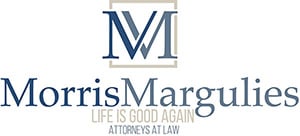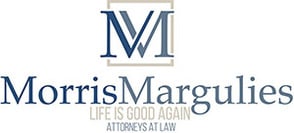How Chapter 7 Helps You Receive A Clean Slate
In the event you have insufficient income to pay your past-due bills, you may be able to consider filing Chapter 7 bankruptcy. Since Chapter 7 is considered a “clean slate,” this is often the preferred method of saving your home from foreclosure because filing allows you to put a hold on the foreclosure.
It is important to note that Chapter 7 will not eliminate student loans, child support payments or taxes in most cases; however, some taxes may be forgiven in a bankruptcy.
Why Chapter 7 may be preferred:
- The case is opened and closed between three to six months.
- The debtor is left debt-free (except for student loans, child support, certain taxes, etc.).
- Most filers do not lose property.
- It does not require you to repay back your debt.
- The debtor may keep future income.
- There are no maximum debt limitations.
How Does Chapter 7 Work?
- Check your eligibility.
- File a petition with the bankruptcy court. This must also include:
-
- Schedules of assets and liabilities
- A schedule of current income and payments
- A schedule of leases and contracts
- A statement including financial issues and history
- A tax return
- Meet with a trustee and creditors. This process involves the following:
-
- Debtor is under oath.
- Debtor must answer questions from trustee and creditors regarding debtor’s finances.
- Trustee reviews case and eligibility to file Chapter 7 is determined.
- Attend hearing with your attorney, Frank Morris.
- Dispute claims by creditors.
- Act on your plan to handle secured debt (i.e., if you plan to keep house or car, you must pay the note).
- Discharge (court enters order forgiving your debt)
Not every person who applies in Maryland and Washington, D.C., will qualify for Chapter 7. To determine that you are eligible, a means test must be taken. In the event that the debtor does not meet Chapter 7 prerequisites, the bankruptcy court may convert the case into a Chapter 13 (repayment plan).
In essence, this form of bankruptcy wipes out all of your unsecured debt (credit cards, medical bills, etc.). However, once you file, you must be able to pay your secured debt (mortgages, car payments), assuming you plan to keep your house or car.
Learn More About This Process And How We Can Help
As a bankruptcy law firm, Morris Margulies has helped numerous clients with the necessary filings and required counseling classes. Email us or call our team today at 301-816-1600 if you are a Maryland or Washington, D.C., resident facing overwhelming debts.

